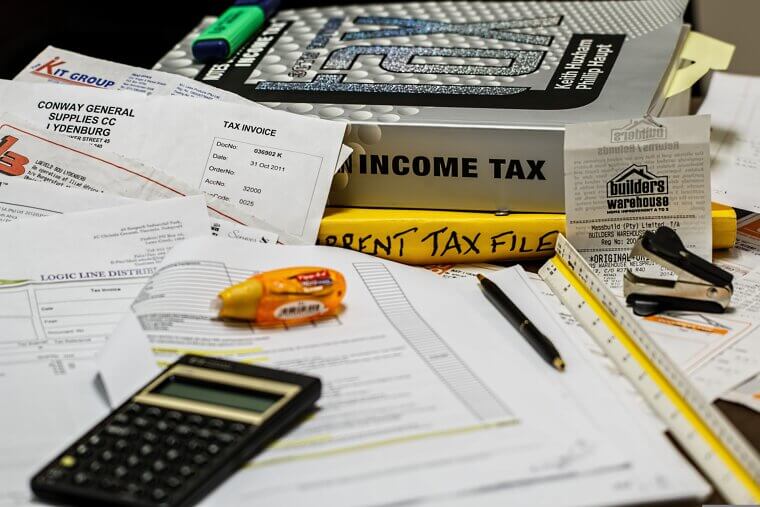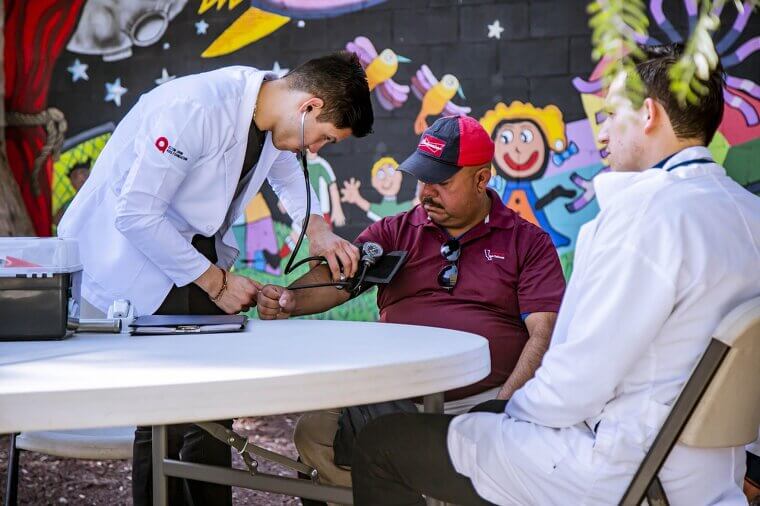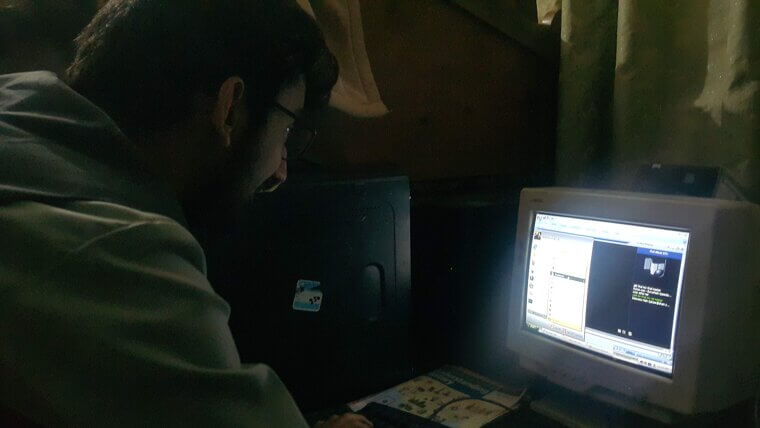When You Retire, Your Networth Becomes Meaningless
You’ve spent decades building your net worth, and now… it kind of just sits there. In retirement, it’s not about how much you have on paper - it’s about how much you can actually use. Cash flow becomes king. You can’t pay for groceries with your home equity or a diversified portfolio unless you’re actively drawing from it. So, while it’s great to have a big number in your accounts, what really matters is how that number supports your day-to-day life.
Taxes Can Take a Lot Out of Retirement Income
Retirement doesn’t mean you’re done with taxes - far from it. In fact, some retirees are surprised to find they’re still writing checks to the taxman. Withdrawals from retirement accounts, Social Security income, and even investment gains can all be taxable. Without a little planning, you might end up paying more than you expected. It’s worth chatting with a financial advisor to keep Uncle Sam from taking a bigger slice than necessary.
Your Requirements for Retirement Income May Be Affected by Inflation
Remember when a loaf of bread cost a dollar? Neither do we - and that’s the point! Over time, inflation quietly erodes the purchasing power of your money, making everyday essentials more expensive year after year. What feels like a comfortable retirement income today might not stretch as far a decade from now. That’s why it’s crucial to plan with inflation in mind. Keeping a portion of your investments in growth-oriented assets, even after you retire, can help your money keep pace. Building in some financial flexibility ensures you’re not caught off guard. After all, your expenses won’t retire just because you did!
You Could Outlive Your Savings
It’s one of life’s ironic truths: the longer you live, the more money you’ll need. And with many people living well into their 90s, it’s not just a remote possibility; it’s becoming the norm. That’s why running out of savings isn’t just a distant worry; it’s a real risk. Retirement planning isn’t just about the next few years - it’s about preparing for the long haul. Even if you feel spry and youthful now, it’s wise to build a financial cushion that can last. A little extra planning today can mean a lot more peace of mind and flexibility in the years ahead.
The Cost of Long-Term Care Could Deplete Your Savings
It’s not the most cheerful topic, but long-term care is something many of us may need someday - and it’s rarely inexpensive! Whether it’s hiring someone to help at home or moving into a care facility, the costs can climb quickly and catch you off guard. And if you haven’t set aside funds or explored insurance options, your retirement savings could take a serious hit. Planning ahead gives you more control over your future and helps protect your independence. It’s one of those things that’s easy to put off, but addressing it early can save you, and your family, a lot of stress later on.
You May Not Be Ready For The High Cost Of Medical Treatment
Even with decent health coverage, medical expenses in retirement can catch you off guard. It’s not just the big emergencies; it’s the steady stream of smaller costs that add up: prescriptions, dental visits, hearing aids, eye exams, and those “just in case” procedures. Many retirees are surprised by how much they end up spending just to stay healthy. That’s why it’s smart to build a cushion into your budget specifically for healthcare. It also helps to review your insurance options regularly to make sure you’re getting the best coverage for your needs. A little preparation now can save a lot of stress later.
Living on Social Security Alone Will Be Challenging
Social Security is a helpful piece of the puzzle, but it’s not the whole picture. For most people, it won’t cover all your needs - especially if you want to travel, dine out, or just enjoy a few extras. If you’re relying solely on those monthly checks, you might find yourself stretching every pound. Supplementing with savings or part-time income can make a big difference!
Boredom Might Be A Bigger Problem Than You Think
Retirement initially seems like an endless weekend. However, the novelty may wear off after some time. Boredom might set in if there is no regularity or sense of purpose. It's crucial to plan your time, whether that means volunteering, picking up a new skill, or simply scheduling frequent coffee sessions. Maintaining social and mental engagement is equally as crucial as maintaining financial stability.
You May Have To Keep Working
You don't have to quit working entirely when you retire. While some people just miss the structure and social engagement, others discover that they need the additional money. Working in retirement is more common than you may imagine, whether it's consulting, freelancing, or a part-time job at the neighborhood store. Furthermore, it need not be a negative thing if you find enjoyment in it.
You May Have To Move in With Your Kids
It’s not exactly the retirement dream most people picture - moving in with your kids or other family members; but sometimes it’s the most practical choice. Whether it’s due to rising living costs, health challenges, or just needing a little extra support, sharing a home can make sense. That said, it’s a big shift for everyone involved. Privacy, routines, and expectations all need to be discussed openly. Setting clear boundaries and having honest conversations can make the transition smoother. And while it might take some getting used to, it could also lead to deeper connections and a stronger sense of family togetherness.
You Could Have Guilt About Using Your Savings
You’ve spent decades carefully saving, budgeting, and watching your retirement accounts grow; so when it’s finally time to spend that money, it can feel… a little strange. In fact, many retirees feel guilty tapping into their nest egg, even when it’s for essentials or well-deserved enjoyment. But here’s the truth: that money was meant for this moment. It’s not selfish to use it, it’s smart. With a thoughtful plan in place, you can spend confidently, knowing you’ve prepared for this phase of life. Retirement isn’t about hoarding your savings - it’s about using them to live well, comfortably, and without unnecessary guilt.
You Might Have To Take Out Retirement Funds That You Don't Need
Here’s a quirky rule: once you hit age 70½, you’re required to start withdrawing money from certain retirement accounts - even if you don’t need it. These Required Minimum Distributions (RMDs) are taxable, and they can bump you into a higher tax bracket or affect your Medicare premiums. It feels a bit backwards, right? Luckily, there are ways to manage it. Some retirees use RMDs for charitable giving, others reinvest the money in taxable accounts. The key is to plan ahead so you’re not caught off guard. Because sometimes, the government says, “Ready or not, it’s time to spend!”
Moving Can Be a Bad Idea
The idea of retiring to a sunny beach or quiet countryside is tempting. But moving isn’t always the upgrade it seems. You might miss your friends, your doctor, or your favorite coffee shop. And settling into a new place can be harder than expected. Before you pack up, try spending extended time in your dream location. Sometimes, the best place to retire is the one you already call home.
Maintaining Your Friendships Could Be More Difficult
Without the daily rhythm of work or school runs, it’s easy to drift apart from friends. People move, routines change, and suddenly you’re not seeing each other as often. Staying connected takes effort; whether it’s a weekly lunch, a walking group, or just a regular phone call. Friendships are a big part of a happy retirement, so don’t let them fade into the background!
The Unspoken Price of Emotional Adjustment
Retirement is a major life change, and not just for your bank account. For many, work is tied to identity, purpose, and social life. Letting go of that can feel disorienting. You might miss the structure, the goals, or even the small talk. That’s totally normal. The key is to find new ways to feel fulfilled - whether it’s through hobbies, volunteering, mentoring, or simply enjoying the freedom to explore. Give yourself time to adjust. Retirement isn’t the end of your story - it’s just a brand-new chapter.















